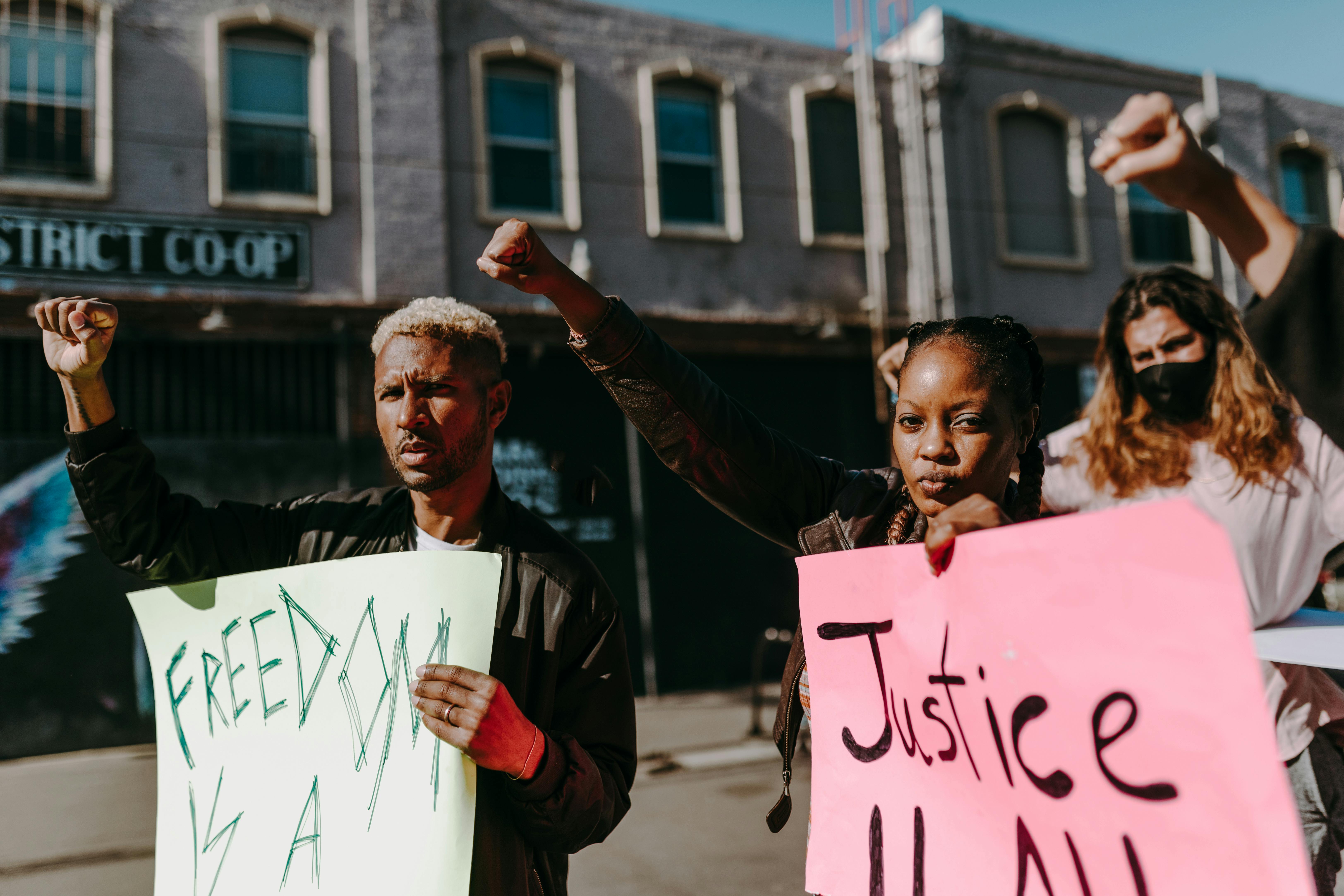
The relationship between law and culture
Although you may think of the law as a dry subject, it deeply influences culture. Culture can be defined as a way of life, and what good is it if we don’t have the freedom to live safely? Laws protect our fundamental rights and allow us to pursue our goals. On the contrary, the norms cherished by a culture influence the laws established by the members of the community. Technological advances also influence culture, and laws need to be changed accordingly. According to the American Association of Matrimonial Lawyers, Facebook is to blame for one in five divorces in the United States. In short, flirty emails and messages sent on Facebook can be used against you.
In a democracy, laws are made by the legislature, which is elected by the people. If people express dissatisfaction with a particular law, members of the legislature must accept it. The judiciary is independent, so if the legislature has any fault, it can be sanctioned. A citizen’s right to appeal the court’s decision also influences our notions of how free we are.
A liberal culture can only claim to be liberal if the laws do not differentiate between people on the basis of race, class, and gender. Protestors throughout the centuries have ensured that today we can live in a culture of transparency.
Although the law is precise and the culture is felt rather than described, the two are interrelated. Voting, discussing politics and cultural practices help refine the legal system and change outdated cultural practices.
Although the law states that all men and women are equal, in practice it is often found that men are paid more than women for the same work. Only through relentless campaigns, publicity, and legal steps can this anomaly be resolved.
Racial discrimination was rampant before. Although legally employers cannot discriminate based on race, some still do in practice. Only if citizens make the effort to defend their rights, things will change even more.
Class barriers often prevent the poor from fighting the rich in court. Culturally too, the wealthy often get more respect. By pointing out discriminatory practices, debating and educating people on these issues, you can create permanent change.
Educational institutions are often leaders of change in law and culture. Law students must think about issues related to justice, freedom and culture. By discussing these issues among themselves, their teachers, and other citizens, they can organize general opinion on current issues.
It is important to become aware of issues related to law and culture. Only then can you prepare future generations for the required system change.